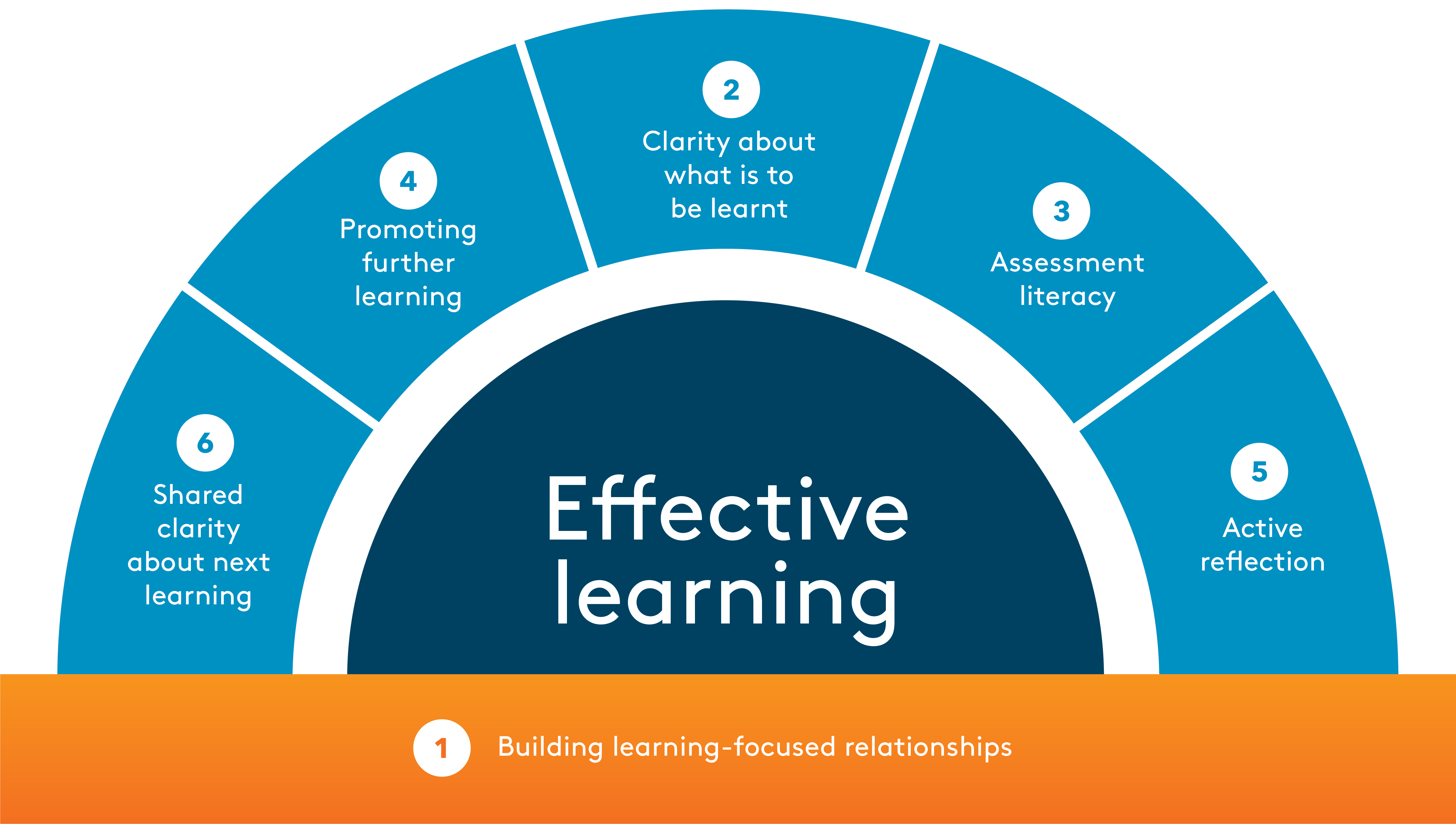Supporting Tōmua | Provisional teachers to be formative teachers
By Kaye Brunton on October 25, 2022 in Assessment for learning
Becoming a teacher is a life-long process of learning, noticing, sense-making, trial and error, juggling complex demands and a whole raft of other things - all done in a very public way! Pre-service training can be likened to ante-natal classes - it isn't until you are with that wee one at home without the experts alongside you that you begin to try and work out how to do this parenting thing. Beginning teachers enter that classroom and become responsible for shaping the minds of all those little learners sitting before them. Such an exciting time - but such an overwhelming role in its complexities. .
We know we lose many of our new teachers in the first years if they are not well supported by those around them. With so much to understand, know and do it can be difficult to know where to pitch support.
Educational achievement matters for learners as individuals and society. We know too that raising achievement is no mean feat! We also know that teacher quality is linked to student progress. Investing in building the capability of our teachers in schools will lead to more positive learning outcomes for our learners.
Assessment for learning has been identified through research and practice to be powerful in optimising learning opportunities for all, and most particularly for those who are under-achieving. All teaching in the end boils down to finding out where learners are in their learning, finding out how they are going, and finding out how to get there (Wiliam, 2011). The three key players in the process are teacher, learner and peer. The big idea linking these processes and players is that evidence used about learning (what is being noticed; what sense is being made of it), is then used to adapt instruction to better fit the needs of the learner. The teaching is adaptive to the needs of the learner.
This is a lot to grapple with for a novice teacher. It implies knowledge of the where the learners are at (evidence-based); knowledge of the curriculum (what am I trying to teach them and what does it look like?); knowledge of the subject and knowledge of how to get the ideas and understandings across. No wonder planning takes a lot of a novice teacher's time!
Mentor teachers have an important role to play in the development and support of Tōmua | Provisional teachers. Some will have completed their own professional learning journeys through assessment for learning courses or readings, others not. It could be possible that a novice teacher has not been exposed to sound formative teaching practice through their teaching experiences/placements in schools. It is hugely important that this important aspect of teacher knowledge is not left to chance, guided by mentors who are well versed in assessment for learning practice.

Wiliam, D. (2011). Embedded formative assessment. Solution Tree Press, Bloomington, IN 47044.
